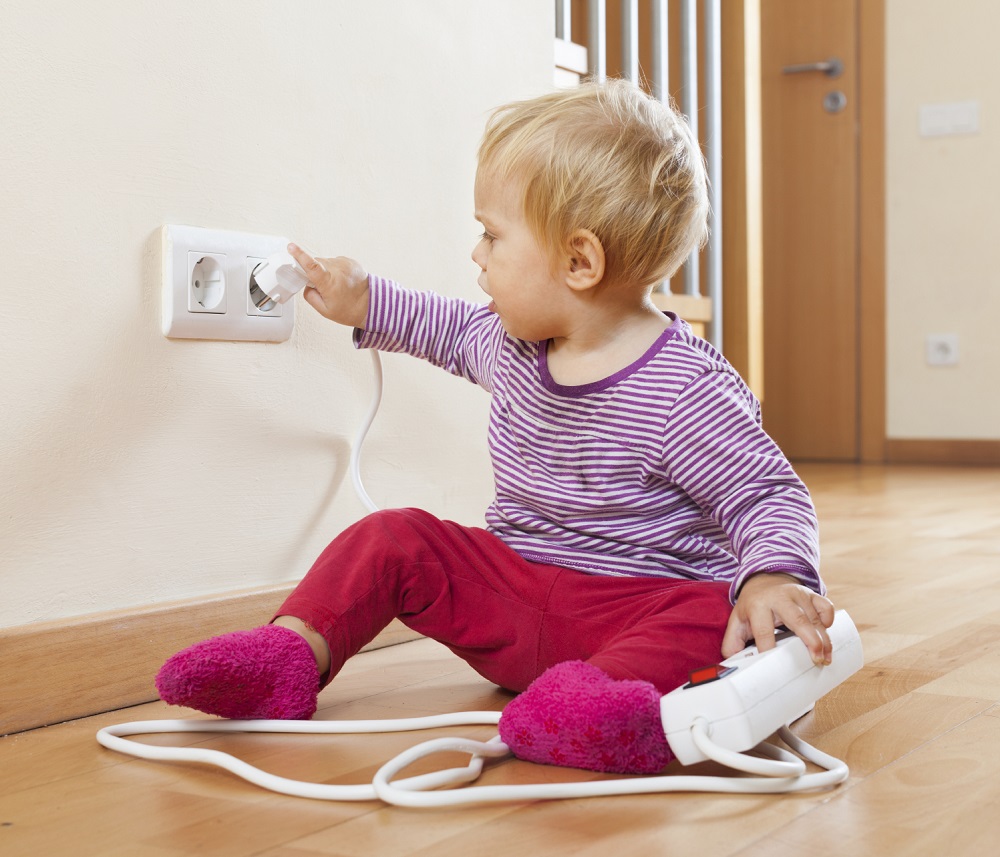Introduction:
Parenting can be a rewarding yet challenging journey, especially when dealing with the seemingly endless demands of impatient toddlers.
While it’s natural for young children to make demands, some requests may seem unreasonable or unnecessary.
As parents, it’s essential to strike a balance between addressing their needs and teaching them about patience and appropriate behavior.
In this article, we will explore effective strategies to respond to the useless demands of impatient kids, ensuring a harmonious parent-child relationship.
Assess the Situation:
When faced with a seemingly useless demand from your toddler, it’s crucial to evaluate the situation.
Determine whether the demand poses any harm, disrupts daily routines, or conflicts with established rules.
Understanding the context will help you respond appropriately and ensure your child’s needs are met without reinforcing unhealthy behaviors.
Set Clear Boundaries:
Children thrive in environments with clearly defined boundaries.
Communicate your expectations and limitations to your child.
Explain that some demands are not feasible or appropriate.
Use simple and age-appropriate language to ensure they understand the reasoning behind your response.
Reinforce the importance of patience and respect for others.
Offer Distractions or Alternatives:
Toddlers often make demands out of boredom or a desire for attention.
Instead of dismissing their requests outright, redirect their focus by offering alternative activities or distractions.
Engage them in a game, provide an interactive toy, or suggest a different activity that aligns with their interests.
This approach helps shift their attention away from the initial demand and encourages flexibility.
Teach Delayed Gratification:
Impatience is a common trait among young children, but it can be addressed by teaching them the concept of delayed gratification.
Help your toddler understand that not all requests can be fulfilled instantly.
Encourage them to wait patiently for their turn or explain that certain things require time and effort.
By introducing delayed gratification, you are instilling a valuable life skill that will benefit them in the long run.
Practice Active Listening:
Children often resort to making useless demands as a means of seeking attention or expressing their emotions.
Practice active listening by acknowledging your child’s feelings and empathizing with them.
Even if you cannot fulfill their specific request, validate their emotions by saying, “I understand that you want XYZ, but right now, we need to do ABC.
” By addressing their underlying emotions, you foster a stronger connection and build trust with your child.
Model Patience:
Children learn by observing their parents’ behavior.
Model patience and emotional regulation in your daily interactions.
Avoid displaying frustration or anger when faced with your child’s useless demands.
Instead, remain calm, composed, and empathetic.
Your child will gradually learn to imitate your behavior and develop patience and emotional resilience.
Encourage Problem-Solving:
As your child grows, encourage them to think critically and problem-solve independently.
When faced with a useless demand, ask them to come up with alternative solutions or compromises.
This empowers them to take responsibility for their actions and promotes decision-making skills.
Offering praise and positive reinforcement when they exhibit patience and find alternative solutions will further encourage desirable behaviors.
Conclusion:
Parenting requires patience, understanding, and effective communication.
Responding to the useless demands of impatient toddlers is a crucial aspect of fostering healthy development.
By setting clear boundaries, offering alternatives, teaching delayed gratification, and modeling patience, you can guide your child towards more appropriate behaviors.
Remember, it’s important to prioritize the emotional well-being of your child while promoting self-regulation and problem-solving skills.
With consistent guidance and positive reinforcement, you can navigate the challenges of parenting and create a nurturing environment for your little one to thrive.
![]()











